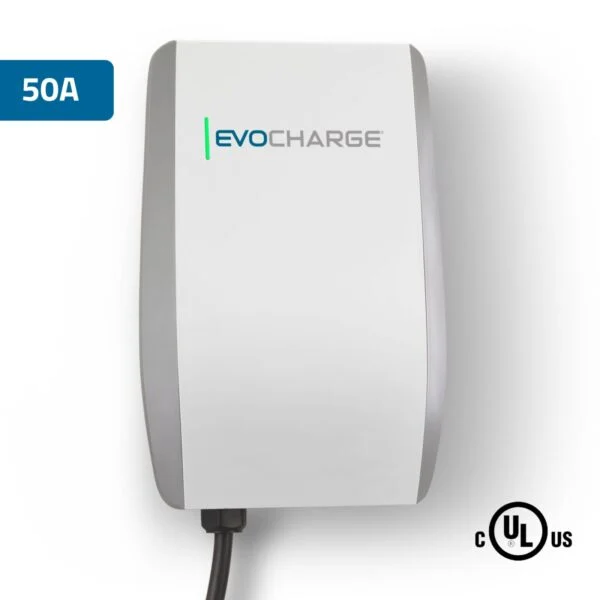Depending on the type of electric vehicle (EV) you purchased, and the state, federal district or province you bought it in, you may be eligible for tax incentives. In the United States, the federal government offers a nonrefundable tax credit of up to $7,500 on certain EV and plug-in hybrid vehicles (PHEV). There are a variety of other electric vehicle incentives, rebates and credits available from states, and local utilities that may save you a lot of money, if you are willing to put in a little research.
Doing your fact-finding and knowing which paperwork to file to claim your electric vehicle incentives is time-consuming, but the available incentives are worth putting in the effort to claim, as they can potentially save you thousands of dollars.
Non-federal electric vehicle incentives
In addition to incentives and rebates furnished by the federal government, many, but not all U.S. states and Washington, D.C. boast tax incentives for EV car purchases. However, some state-sponsored incentives cater to business purchases of EVs, rather than purchases made by individuals or families.
Some incentives provided by states also offer no tax rebates or monetary value, but instead offer amenities — such as having free use of HOV (high-occupancy vehicle) lanes during rush hour traffic, toll tokens for paid roads or free parking.
To see what incentives are offered on a state-by-state basis, the U.S. Department of Energy maintains an Alternative Fuels Data Center that contains up-to-date information for tax incentives in each of the 50 states and Washington, D.C. Plug In America, an advocacy group, has its own interactive chart to reference that goes as far as including incentives sponsored by local utilities.
Applying for electric vehicle incentives and tax credits
When you purchase your EV or PHEV, you will not immediately receive rebates or financial incentives. Instead, most government-sponsored electric vehicle incentives apply when you file your income tax return. To claim your EV tax incentive on your federal income taxes, fill out Form 8936 from the IRS.
Keep in mind that since the federal rebate is nonrefundable, that means if you received more in tax credits than you owe in taxes, the federal government will not refund you the difference. For example, this means that if you are eligible for a $7,500 tax credit, but owe just $3,000 in taxes to the federal government, you will only be able to claim $3,000 on your tax return.
According to the IRS, you must meet the following requirements to be eligible for the federal rebate:
- You own the vehicle. If you leased your EV, only the lessor, rather than the lessee, is eligible for the tax credit
- You are the original owner of the EV
- You began driving the EV in the year you claim it in your income tax return
- You purchased the EV for your own use, rather than to resell it
- The EV you bought is driven, for the most part, in the United States
For more information about filing Form 8936, the IRS lists detailed instructions on its website.
Incentives for EV charging stations
Charging stations, like the Level 2 aftermarket solutions EvoCharge offers, are also eligible for tax credits, rebates and discounts in many places. EV rebates and incentives are dependent upon the state, municipality or utility offering them. View our available electric car rebate and incentives information for more details.

